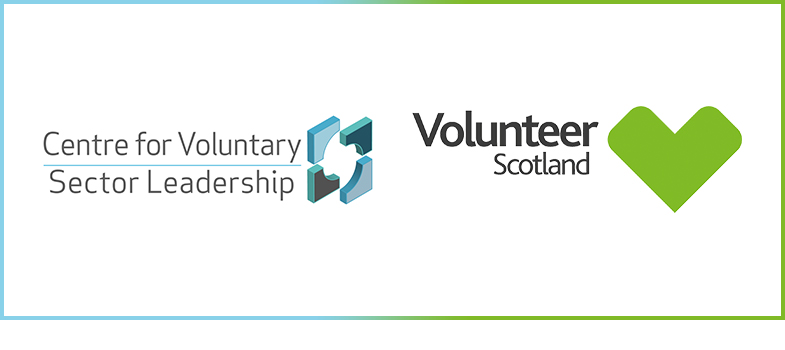1.5 What is volunteering?
It is worth considering this question before we go any further as, as we each have our own understanding of what volunteering is, The UN General Assembly definition [Tip: hold Ctrl and click a link to open it in a new tab. (Hide tip)] describes volunteering as ‘Three basic criteria can be identified to distinguish volunteering from other types of human activity:
It is not undertaken primarily for financial gain. Because voluntary action is not rewarded with a wage or salary, it is generally cost-effective, although not cost-free.
It is undertaken of one’s own free will. The decision to volunteer may be influenced by peer pressure or personal feelings of obligation to society but, in essence, the individual must be in a position to choose whether or not to volunteer.
It benefits a third party or society at large. Actions that benefit only the person who volunteers or that cause harm to society do not meet this criterion.’
The Scottish Government’s Volunteering for All – A National Framework, states that
“Volunteering is a choice. A choice to give time or energy, a choice undertaken of one’s own free will and a choice not motivated for financial gain or for a wage or salary”.
Informal volunteering can include individual activities such as helping a neighbour, or group activities such as taking a friend’s children to school, without involving a group. Then there are forms of community action or social participation that can include residents’ committees or a community centre, where groups and group or organisations will often be involved to enable the voluntary activity. There is also formal volunteering, where you commit to giving your time to a group, such as fundraising in a local charity shop (see Figure 2).

There are a wide variety of volunteering roles, opportunities and contexts. This course is principally focussed at formal volunteering and those managing formal volunteer opportunities, although the reflective practice would be suitable for all to use who involve volunteers. For more information on informal volunteering, follow the link and read Volunteering ‘below the radar’?.
1.4 Introducing the case studies
